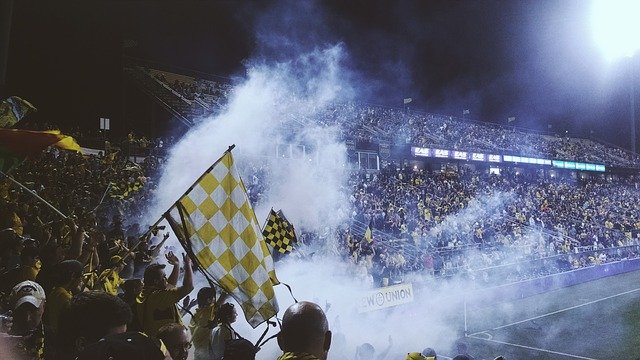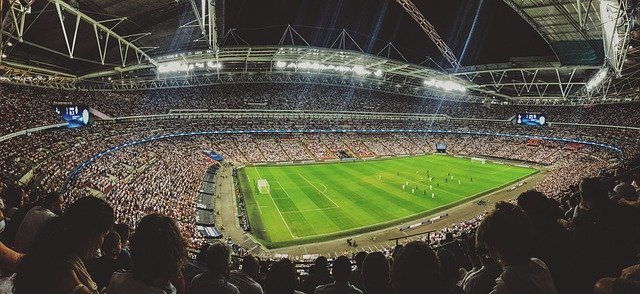By Marilena Kagkaraki,
The Euro 2020 case
Most people watch football. A lot of kids’ dream is to be a footballer when they grow up. It is a game with millions of fans that drives the entertainment and sports industry with millions of dollars every year. Is it only entertainment though? It seems that since the beginning of time, football has been more than that. Millions of people gather together to watch all sorts of football tournaments, the World Cup, the Euro, the Copa America, and more. Lately, we have seen instances, where football has shown its true power and is not just a simple sport.
Euro 2020 was hosted after a year of absence, due to the COVID-19 pandemic. We saw interesting games, but also some incidents that speak more about football and its essence nowadays. We saw Christiano Ronaldo at a press conference after a game taking off the table a Coca-Cola bottle and saying ’’aqua’’, preferring to drink from his water bottle instead. After this incident, Cola-Cola lost $4 billion in market value, showing just how much power a person with a long career in football has. Because of football’s humongous fanbase, Ronaldo has been one of its main stars, being one of the most valuable players worldwide and a person with a lot of public influence in the last years. That incident showed how much investors and the market believed that his action would affect the company. A lot of people might think that it is right and that he may know something a little bit better for his well-being if he chooses water over Coca-Cola. That is only one part of football’s influence in our lives, the economic sector. What about our real daily interactions and lives?

In the Euro 2020 final, England played against Italy. The score was a tie until they reached the penalties, where Italy scored one penalty more than England and won. However, three of the England players of black descent that were in the penalties, Rashford, Saka, and Sancho, missed the penalties. They knew what was coming next, and that was racial online hate. After the match, people stormed in social media to abuse the three players and comment on their race, as a factor for the missed opportunities for England to win. Hate comments and cruel words were what one could see on socials.
But how was their background related to the result? No one can really say. However, this reaction showed how people do not perceive football as just a game, but as an extension of culture. People support their country. However, it is no secret that societies deal with a lot of hate and issues, and racism seems to be one of them. People went off to comment on the ethnic backgrounds instead of expressing their disappointment about the result. On the other hand, after that, people saw how much hate the players received. People called out for racism in their country and how hate does not belong on the football field, especially for young people like Marcus Rashford that has helped communities and children to get free school meals. Political leaders took a stance with the Prime Minister of England calling out this behavior and they are now trying to find ways to punish this kind of behavior. Instagram, Twitter, and Facebook said they did not do enough and now they are working more on battling online hate speech. In the end, even in these circumstances, football and its representatives gave the green light for the U.K. and the whole world to discuss racism and what can be done to build communities of love and support instead of hate, online and in real life.




